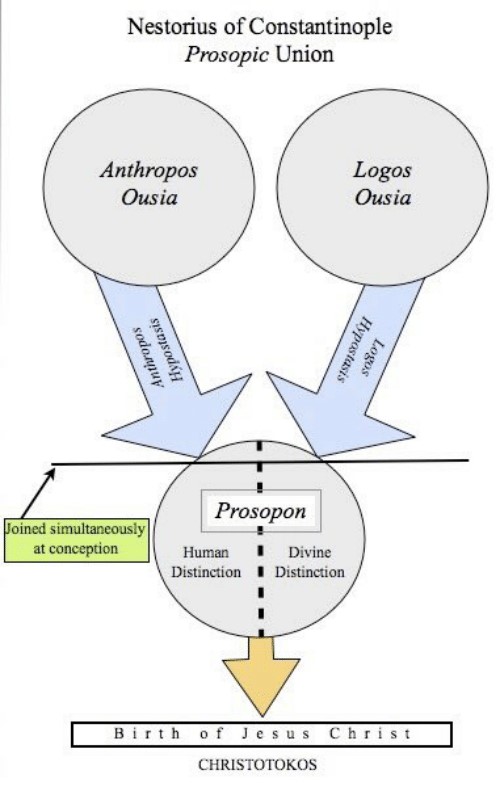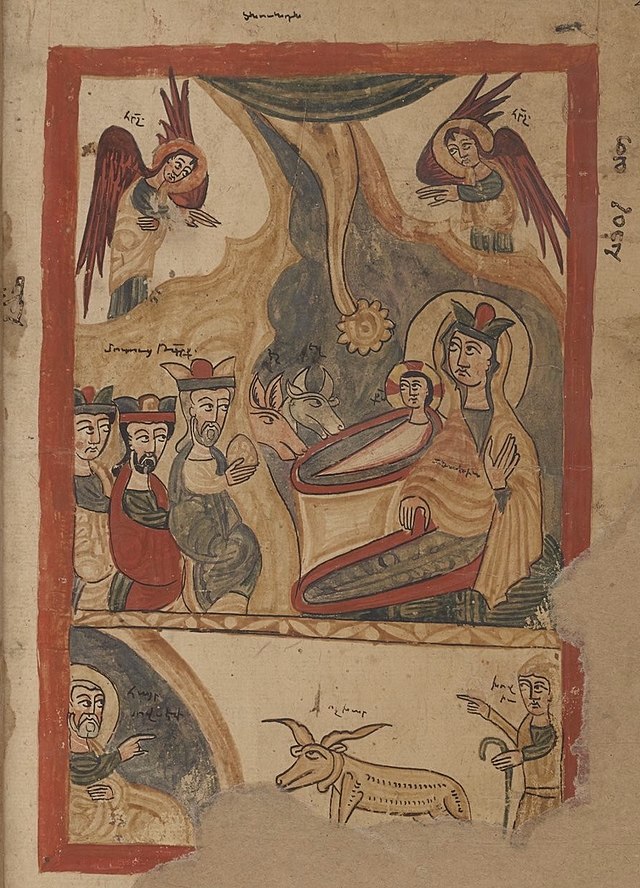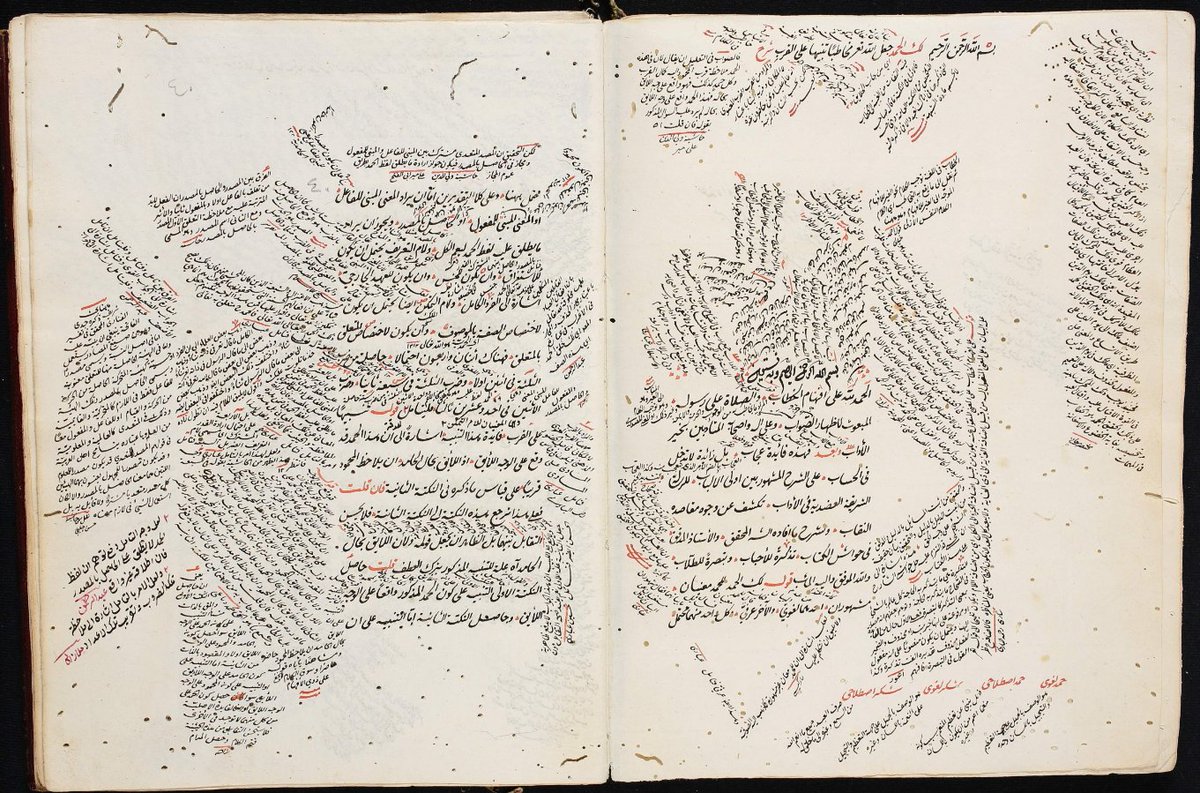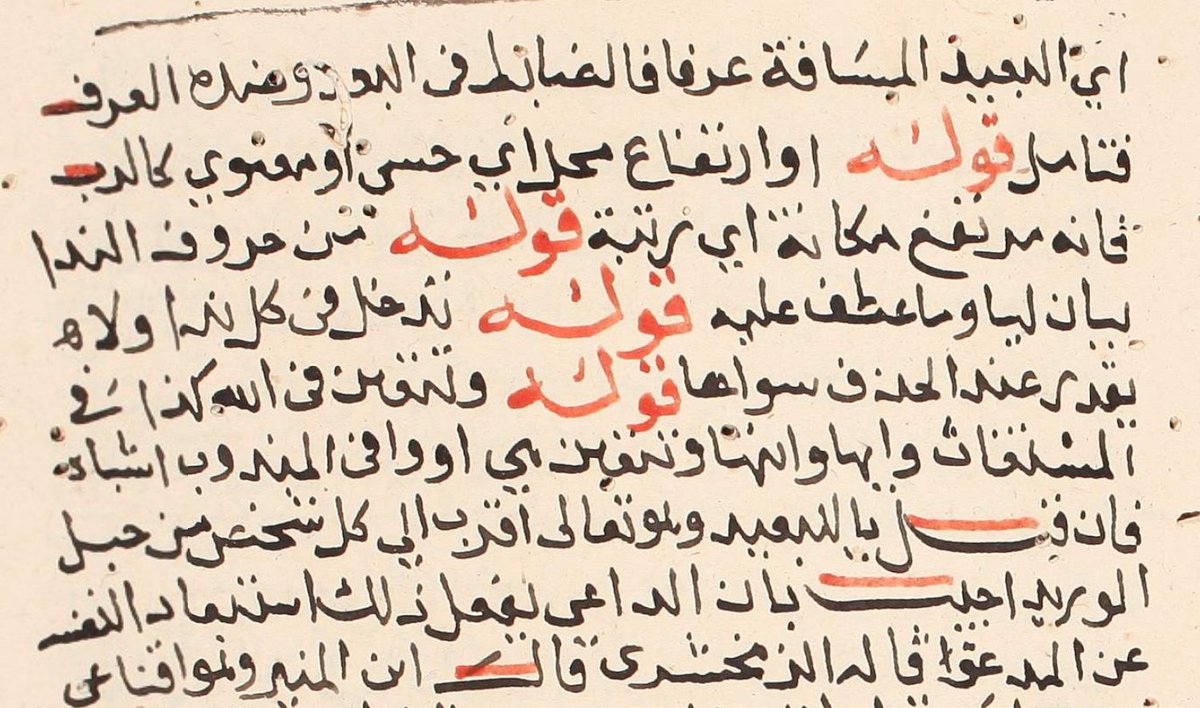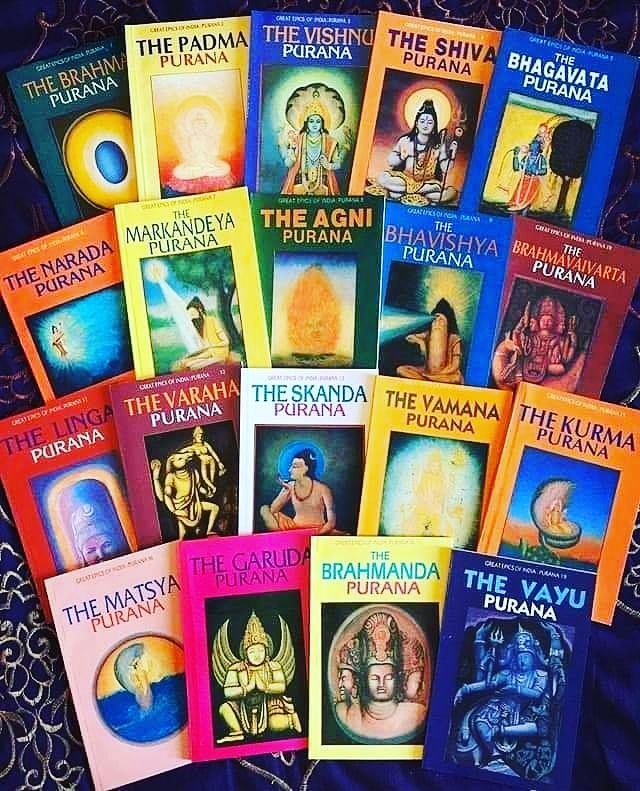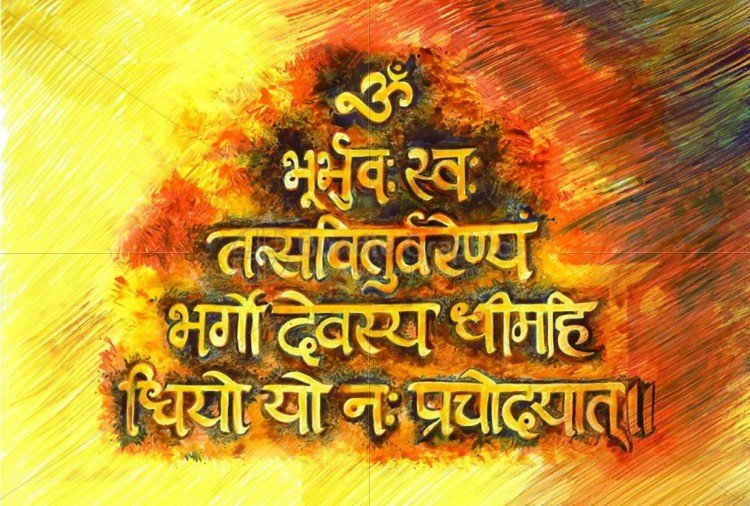This, from @LeeClf. Read the whole quote (from 1998 or therebouts.)
— Rabbi Danya Ruttenberg (@TheRaDR) June 2, 2020
"If we have never developed our religiousness -- that part of ourselves that involves our most powerfully transformative capacities -- it's as if we were walking around with one arm tied down....
If you have a spiritual practice, this would be a good time to double down on it.
If you don’t have a spiritual practice, this wouldn’t be the worst time to start one.
1/x
Hey, today I told my therapist that the adrenaline I\u2019ve been relying on for the past 10 months or so has kinda... run out.
— Erynn Brook (@ErynnBrook) January 31, 2021
He said he\u2019s been hearing that from like every other client this month, so if you\u2019re feeling that too, you\u2019re not alone.
“Hardly does our head begin to ache than we stop going to choir, which won’t kill us either. We stay away 1 day bc our head ached, another bc it was just now aching & 3 more so that it won’t ache again.” Teresa of Avila
You don’t have to be religious to have one.
If God isn’t your language, maybe creativity, intuition, love, the universe, our interconnectedness is.
Pick a thing to do and when you\u2019ll do it. Start small but assume you\u2019re doing it every day.
— Rabbi Danya Ruttenberg (@TheRaDR) January 8, 2021
1/x thread https://t.co/NoQoze4mkY
More from Religion
🌿𝑻𝒉𝒆 𝒔𝒕𝒐𝒓𝒚 𝒐𝒇 𝒂 𝑺𝒕𝒂𝒓 : 𝑫𝒉𝒓𝒖𝒗𝒂 & 𝑽𝒊𝒔𝒉𝒏𝒖
Once upon a time there was a Raja named Uttānapāda born of Svayambhuva Manu,1st man on earth.He had 2 beautiful wives - Suniti & Suruchi & two sons were born of them Dhruva & Uttama respectively.
#talesofkrishna https://t.co/E85MTPkF9W
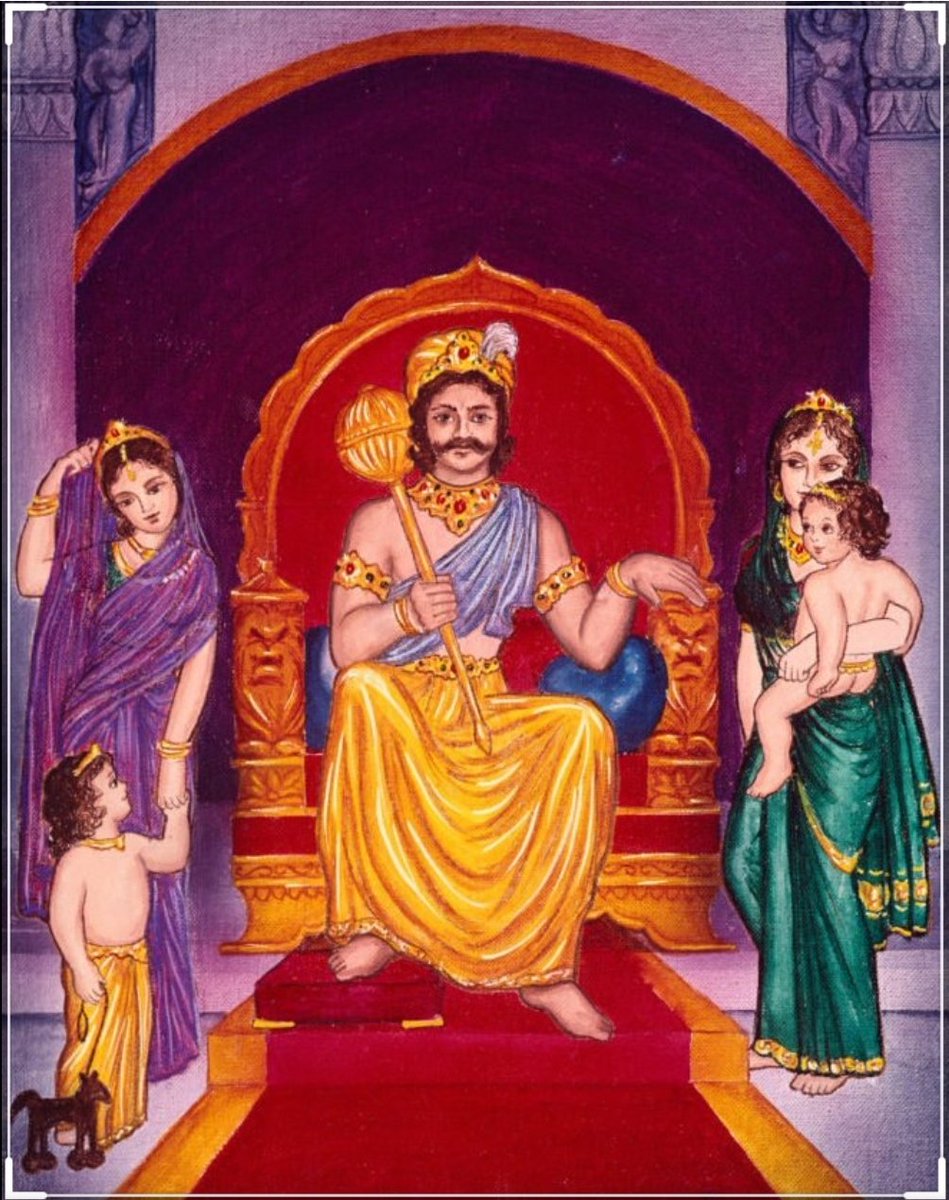
Now Suniti was the daughter of a tribal chief while Suruchi was the daughter of a rich king. Hence Suruchi was always favored the most by Raja while Suniti was ignored. But while Suniti was gentle & kind hearted by nature Suruchi was venomous inside.
#KrishnaLeela
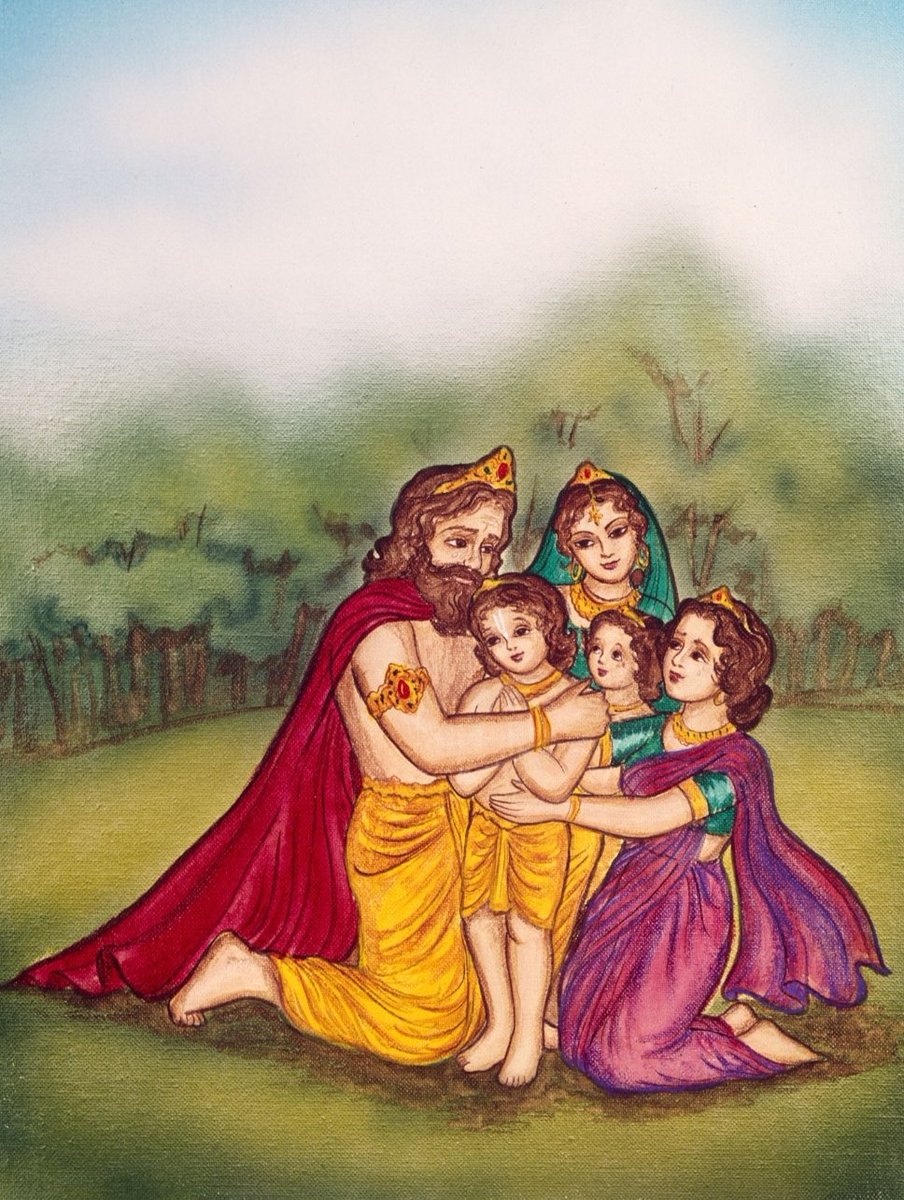
The story is of a time when ideally the eldest son of the king becomes the heir to the throne. Hence the sinhasan of the Raja belonged to Dhruva.This is why Suruchi who was the 2nd wife nourished poison in her heart for Dhruva as she knew her son will never get the throne.
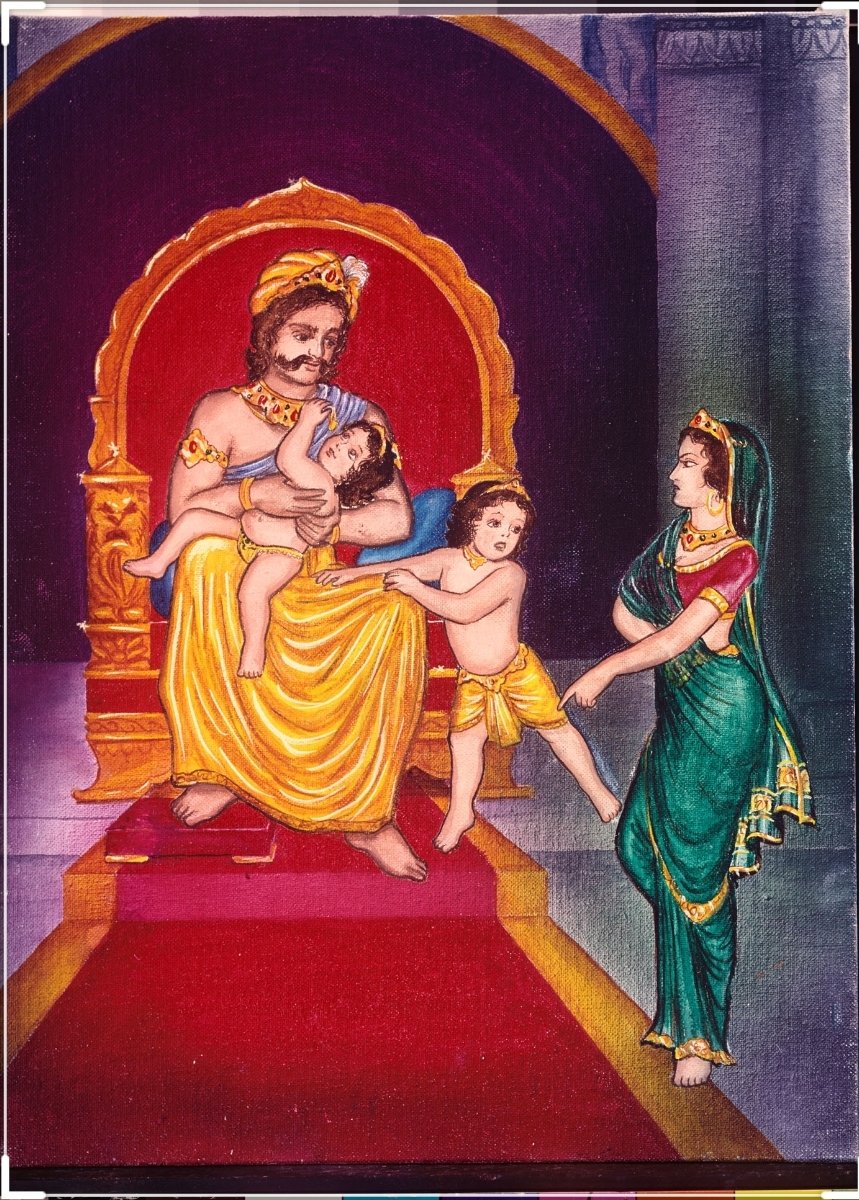
One day when Dhruva was just 5 years old he went on to sit on his father's lap. Suruchi, the jealous queen, got enraged and shoved him away from Raja as she never wanted Raja to shower Dhruva with his fatherly affection.
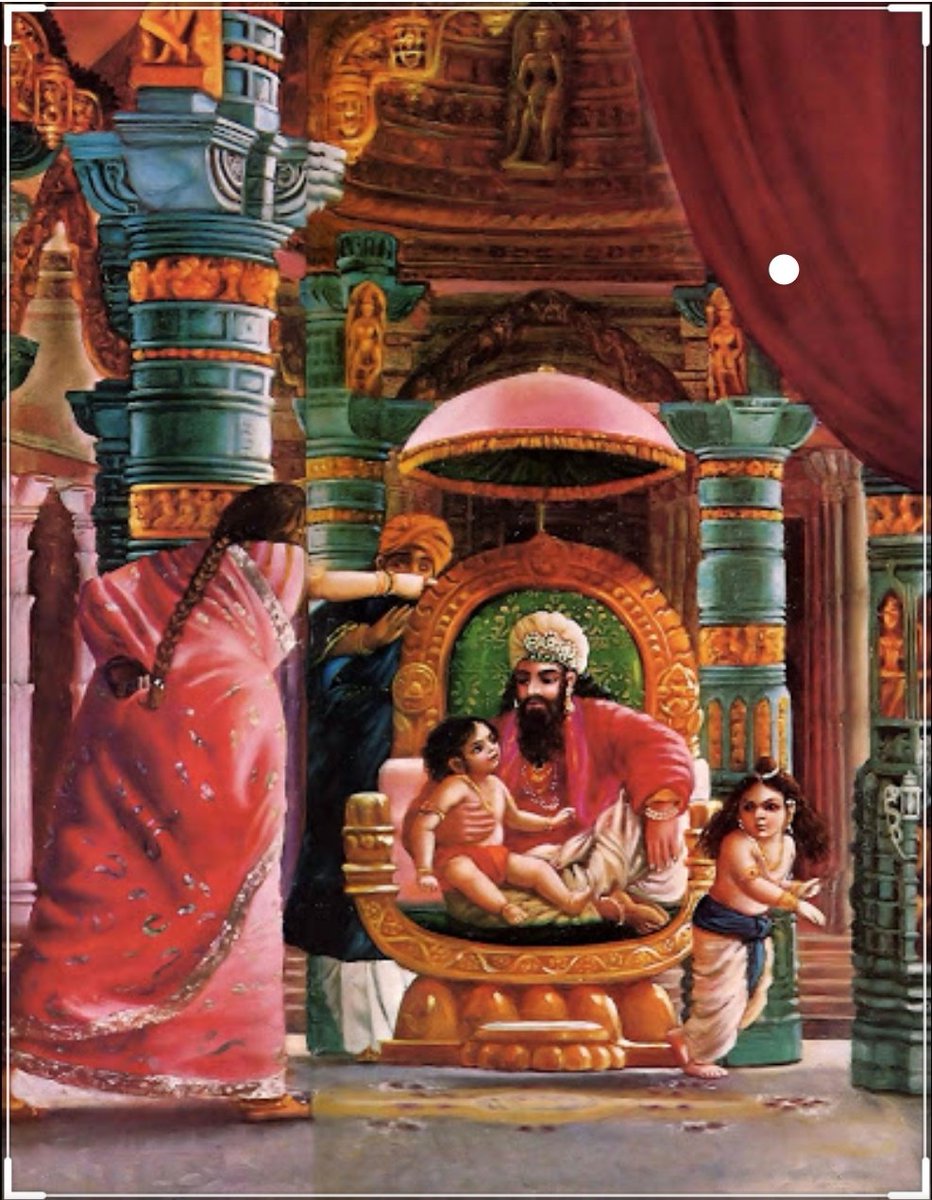
Dhruva protested questioning his step mother "why can't i sit on my own father's lap?" A furious Suruchi berated him saying "only God can allow him that privilege. Go ask him"
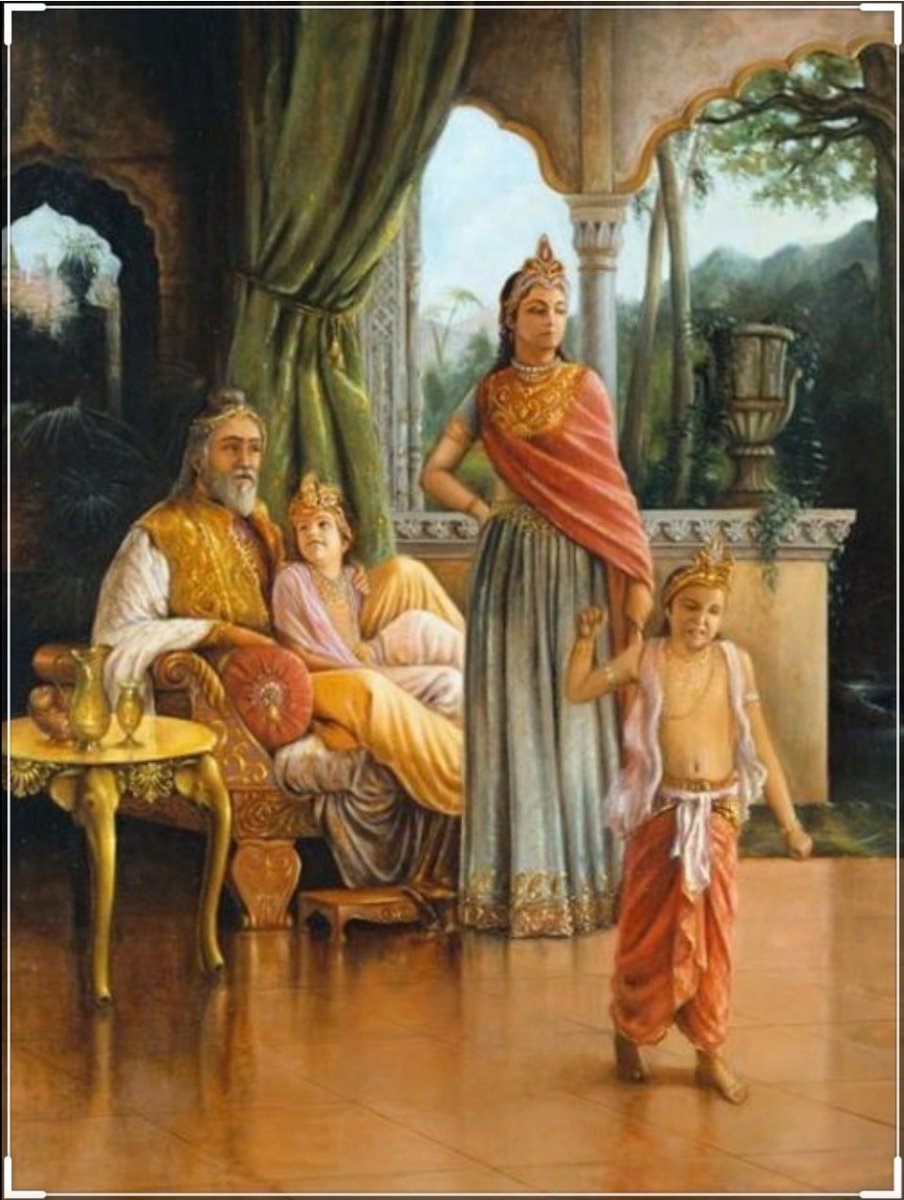
Once upon a time there was a Raja named Uttānapāda born of Svayambhuva Manu,1st man on earth.He had 2 beautiful wives - Suniti & Suruchi & two sons were born of them Dhruva & Uttama respectively.
#talesofkrishna https://t.co/E85MTPkF9W

Prabhu says i reside in the heart of my bhakt.
— Right Singh (@rightwingchora) December 21, 2020
Guess the event. pic.twitter.com/yFUmbfe5KL
Now Suniti was the daughter of a tribal chief while Suruchi was the daughter of a rich king. Hence Suruchi was always favored the most by Raja while Suniti was ignored. But while Suniti was gentle & kind hearted by nature Suruchi was venomous inside.
#KrishnaLeela

The story is of a time when ideally the eldest son of the king becomes the heir to the throne. Hence the sinhasan of the Raja belonged to Dhruva.This is why Suruchi who was the 2nd wife nourished poison in her heart for Dhruva as she knew her son will never get the throne.

One day when Dhruva was just 5 years old he went on to sit on his father's lap. Suruchi, the jealous queen, got enraged and shoved him away from Raja as she never wanted Raja to shower Dhruva with his fatherly affection.

Dhruva protested questioning his step mother "why can't i sit on my own father's lap?" A furious Suruchi berated him saying "only God can allow him that privilege. Go ask him"





